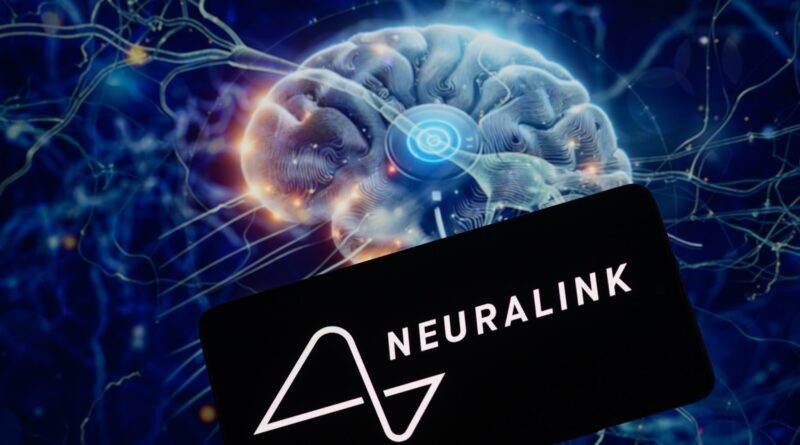Neuralink’s Second Patient Is Already Playing Counter-Strike 2
Neuralink’s second patient is doing well, according to Neuralink, and is already using the brain-computer interface chip to play Counter-Strike 2.
The Elon Musk-backed startup is implanting computer chips in the brains of people with spinal cord injuries. The pitch is that they’ll be able to interface with computers directly and control computers with their mind. The second patient, who Neuralink called Alex, is already browsing the web, building stuff in CAD software Fusion 360, and playing video games with the device.
Neuralink announced Alex’s progress in a blog post on Wednesday that detailed his experiences with the chip. According to the blog, Alex was an automotive technician before his spinal cord injury and missed building things. On the second day with Neuralink, he designed a mount for his Neuralink charger in Fusion 360 and had it 3D printed.
“I’m already super impressed with how this works,” Alex said, according to Neuralink.
Neuralink also shared a video of Alex playing a bot match of Counter-Strike 2 with the device. He’s a fan of first-person shooters and previously had to play them using a Quadstick, a mouth-operated controller.
“Just running around is so enjoyable because I can look side to side, and not need to move Quadstick left and right… I can [think about where to] look and it goes where I want it to. It’s insane,” he said.
Alex is the second patient to receive a Neuralink this year. Musk and the company introduced the world to Noland Arbaugh, the first patient using the chip, to great fanfare in January. Arbaugh said he was lucky to have received the treatment and celebrated being able to control a computer with his mind by pulling an all-nighter playing Civilization VI. He played the game for eight hours straight, draining the power on his Neuralink.
There were complications. Some of the threads from the chip that surgeons implanted into Arbaugh’s brain retracted, resulting in a data loss during communication between the brain and the device. Neuralink said it was able to compensate for this data loss by tweaking the program running the chip.
Neuralink said it was aware of this issue during Alex’s surgery and took steps to guard against it.
“To reduce the probability of thread retraction in our second participant, we implemented a number of mitigations, including reducing brain motion during the surgery and reducing the gap between the implant and the surface of the brain,” it said in the blog post on its website.
So far, Alex has not experienced thread retraction and its consequences.
Neuralink has shown promise but has also been controversial. Its co-founder left the company and later told the Wall Street Journal he was worried about safety under Musk’s tenure. The company also faced a federal probe over allegations of animal abuse but an investigation only turned up one incident.

